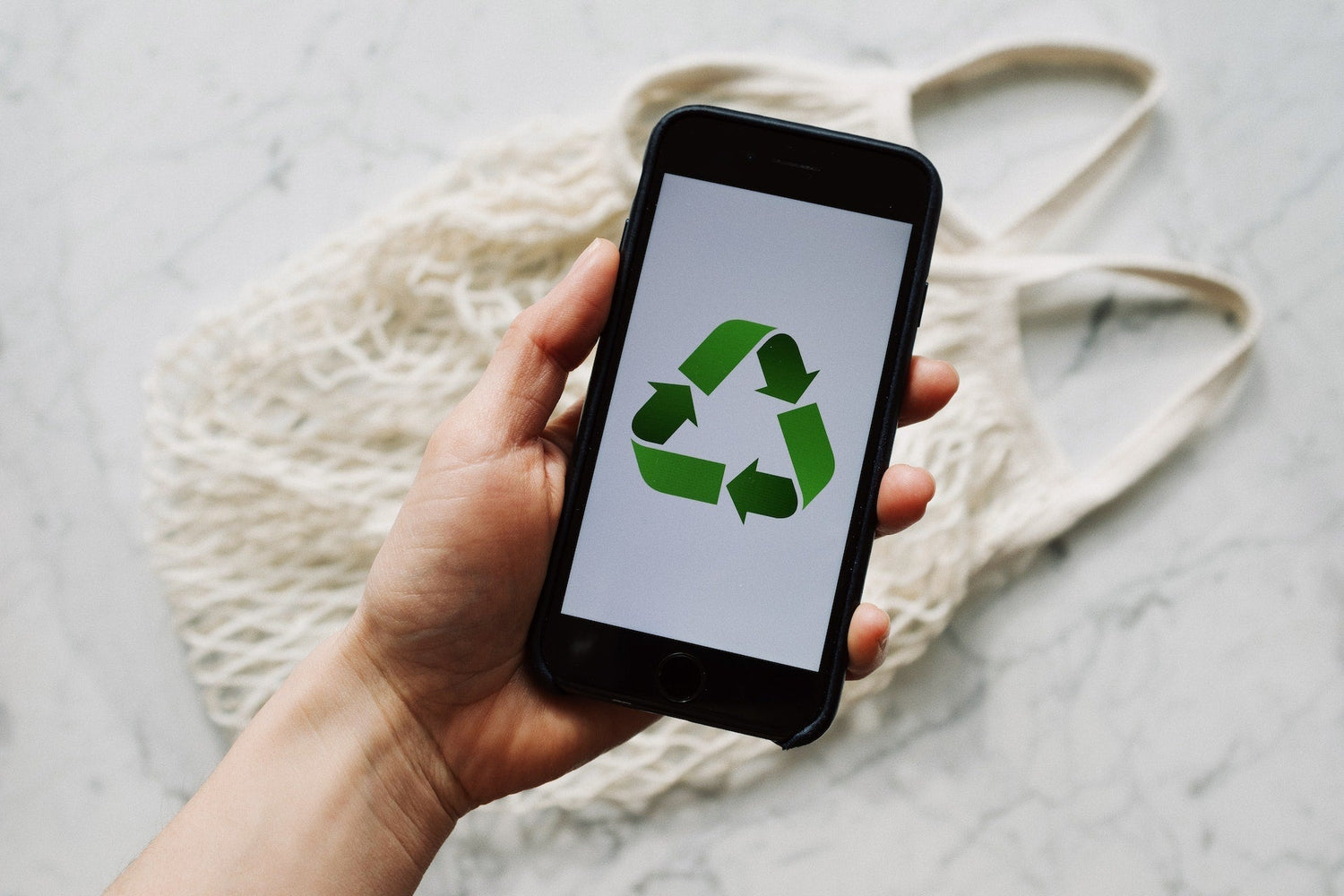Developing the highest possible level of responsibility regarding sustainability is not just a goal, but a commitment that we at Longevitas have embraced as part of our philosophy. Trying to leave a better world for future generations, or at least minimize our impact on it, should be a goal we strive to achieve every day. For this reason, in recent years we have taken steps in this direction, leading us to almost completely eliminate the use of paper in our internal processes—for example, by sending invoices exclusively in PDF format for years—selecting ingredients with traceability whenever possible so we can know if they have been produced responsibly, and promoting the use of plant-based proteins. We also use recycled and recyclable packaging. In 2021, we took another step forward and expanded this commitment by setting the goal of eliminating all cardboard and paper from our packaging, replacing it with a material made from recycled plastics that is itself recyclable. Plastic recycling can be too expensive and complex, and these are the main reasons why more plastic isn't recycled today. However, there is one exception among the different types of plastics: PET containers. This is the type of container we have chosen for packaging all our products. For the following reasons: Their lightness. They weigh almost nothing, which also means that the amount of material needed to manufacture them is very small. They are non-toxic and highly resistant to external agents. They are durable, exhibiting high chemical and thermal resistance. They are suitable for preserving products, even food. They are 100% recyclable. And not only that, like metal or glass, containers made with PET plastic can be recycled indefinitely. They offer a balance between strength and flexibility. And they are impermeable. PET packaging is one of the most environmentally friendly packaging formats available today, and for this reason, combined with its advantages in preservation, insulation, and durability, it's the format we've chosen for packaging all our products. Some interesting facts about plastic. Plastic is a material that has been demonized in recent years, and in many cases, quite rightly so. It's important to be aware, however, that not all plastics are the same and that the recycling process is costly and complex for most types of plastic, with the exception of PET. To identify if a container is made of PET plastic, simply look for the symbol: a triangle with the number 1 inside. Sometimes it may be accompanied by the letters PET or other symbols that identify it as suitable for food preservation, for example. It is a very harmless material that guarantees perfect product preservation. Because it is made from recycled materials and is 100% recyclable, it reduces its environmental impact to almost nothing. Furthermore, it is usually manufactured in large batches and in a fully automated way, which is why the manufacture and recycling of this type of container is not as costly and complex as with other types of plastic. Unlike other European Union countries, Spain recycles all four main types of plastic, while our neighboring countries focus on recycling only one or two types of plastic packaging. Even so, we only recycle approximately 15% of all the plastic used, so there is significant room for improvement. For every kilogram of plastic recycled, we can save up to one liter of oil and 2.5 kilograms of CO2. Longevitas Commitment . Just as one of our main objectives in developing our products is to use the most advanced ingredients and the dosages recommended by the latest scientific studies as ideal for achieving the intended benefit, we maintain this same commitment when it comes to product packaging. Therefore, as soon as we become aware of another material with better characteristics than PET, we will study the feasibility of using it for Longevitas product packaging.


